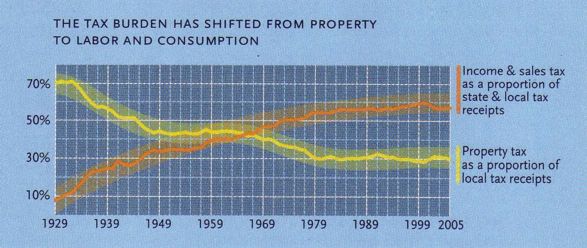Re: Austrian School vs. itulip / FIRE
I don't think I would qualify Byron and Nietzsche as you have done. And quite frankly, war is a lot more fun than whatever else you're proposing. As I said in another post, I do not subscribe to any view that suggests a long lifespan is at all desirable. Yours is simply a rebellion against the inevitability of your demise.
eh?
The "deal with the devil" comment refers most specifically to Faust. You appear to be misinterpreting it. You also seem to confuse "blame" with a statement regarding consequences. There are too many people. Many will die. It is unfortunate, but it is reality. How the coming Caesars maintain order is a separate question to which I have referred numerous times on this site. It is an important question that rarely receives enough attention.
Originally posted by llanlad2
View Post
Obviously if I'd read your text backwards I would have realised that the this in "we never would have had this madness of assuming materialism and hedonism are the dominant inclinations of man" actually referred forwards to something you hadn't stated yet and not backwards as I'd so stupidly assumed.
I say and some smart guy before me would agree that "you shouldn't blame others for your sins."
I am not in the least bit surprised that you and a few smart ass guys are arguing that the future is bad and we will deserve what's coming to us. This is what all political elites will be trumpeting if/when the SHTF in order to maintain order. It's exactly what Islamic fundamentalists in many countries espouse to their own people now to explain the predicament of the majority of their own people. "You're poor because of your misguided, materialstic ways, so join us"
I am not in the least bit surprised that you and a few smart ass guys are arguing that the future is bad and we will deserve what's coming to us. This is what all political elites will be trumpeting if/when the SHTF in order to maintain order. It's exactly what Islamic fundamentalists in many countries espouse to their own people now to explain the predicament of the majority of their own people. "You're poor because of your misguided, materialstic ways, so join us"


Comment